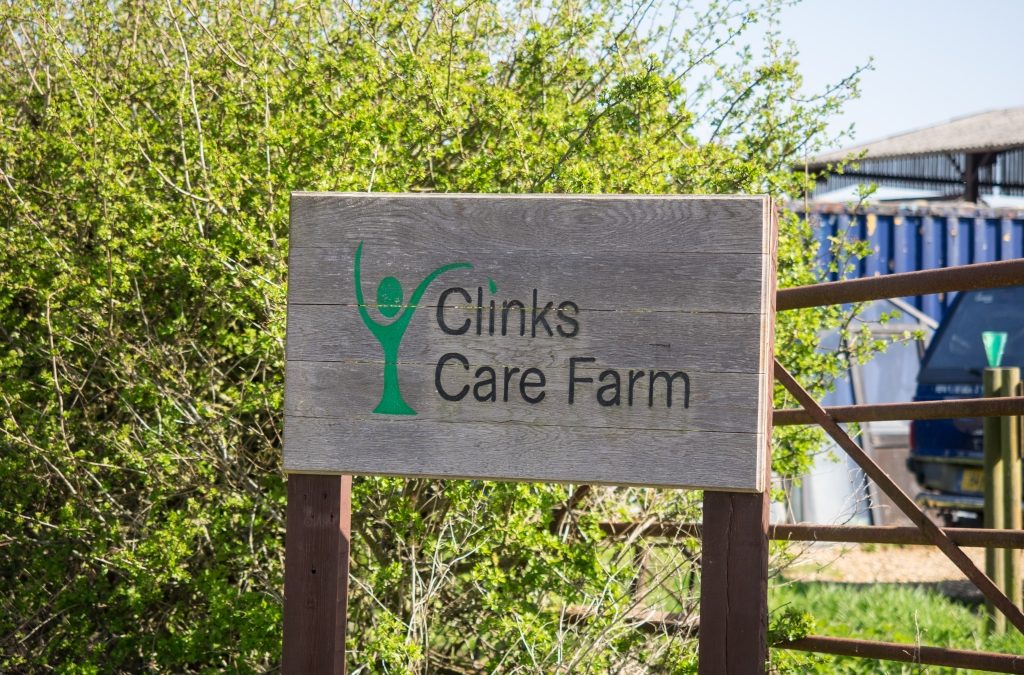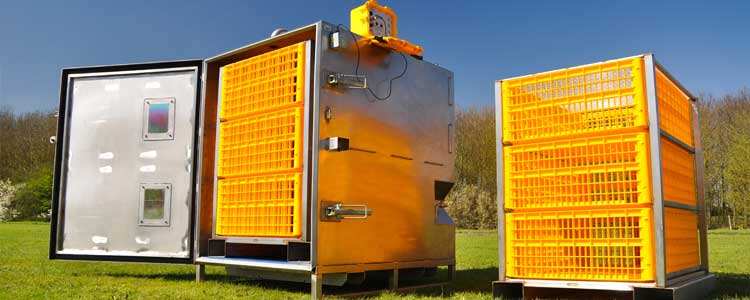As 2020 drew to a close, Livetec were called by APHA to assist with emergency measures on a farm in Norfolk, which was home to approximately 38,000 ducks. Avian influenza, a highly-pathogenic notifiable disease was rapidly spreading through the premises, meaning Livetec urgently needed to apply emergency depopulation measures to stop any further spread, both on and off farm.
Prior to the team’s arrival, a vet had already conducted a clinical inspection, collected samples and imposed restrictions on-farm. Eventually, laboratory testing would confirm the presence of the highly transmissible H5N8 strain of AI. Promptly, Livetec completed and carried out emergency depopulation measures to the highest welfare standards of welfare and care. In addition an initial cleansing and disinfection stage was also applied, to satisfy the standards required by APHA.
Throughout the process, a full investigation was carried out to identify how and why AI had arrived on this farm, to aid in further preventative measures. The report concluded that after a thorough analysis, the most likely source of infection was indirect contact with wild birds due to a range of unsatisfactory biosecurity measures. The report identified poor building maintenance across the premises, poor bedding storage and a lack of cleansing and disinfection protocols in place for all staff.
With a Livetec contingency plan in place, these risks could have been mitigated as they would have been identified and resolved prior to the introduction of AI. Planning can help bird owners build preventative measures into practises, ensuring everyone on the site operates to the highest levels of biosecurity, encouraging greater levels of defence against the potential ingress of disease from avoidable sources.
Robust biosecurity measures can help to stem the introduction and spread of disease, ultimately reducing the impact an outbreak can have both financially and operationally.









